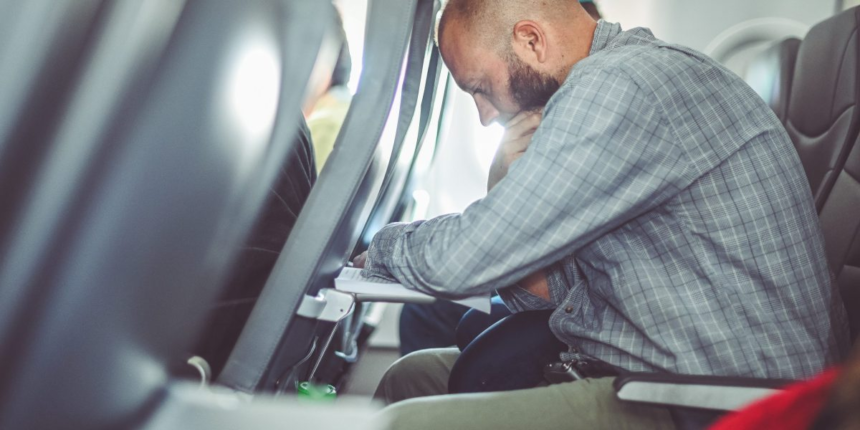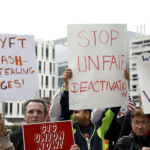By the end of the year, Delta plans for 20% of its ticket prices to be individually determined using AI, president Glen Hauenstein told investors last week. Currently, about 3% of the airline’s flight prices are AI-determined, triple the portion from nine months ago.
“This is a full reengineering of how we price and how we will be pricing in the future,” he said. Eventually, “we will have a price that’s available on that flight, on that time, to you, the individual.”
He compared AI to “a super analyst” who is “working 24 hours a day, seven days a week and trying to simulate… real time, what should the price points be?”
While the rollout would be a “multiyear” process, he said, initial results “show amazingly favorable unit revenues.”
Privacy advocates noted Delta’s development with concern.“They are trying to see into people’s heads to see how much they’re willing to pay,” said Justin Kloczko, who analyzes so-called surveillance pricing for Consumer Watchdog, a California nonprofit. “They are basically hacking our brains.”
A Delta spokesperson told Fortune the airline “has zero tolerance for discrimination. Our fares are publicly filed and based solely on trip-related factors like advance purchase and cabin class, and we maintain strict safeguards to ensure compliance with federal law.”
The spokesperson did not immediately answer follow-up questions on what those safeguards were, whether they are human or automated, or where the 3% of fares that are currently set via Fetcherr are publicly filed.
“AI isn’t just optimizing business operations, but fundamentally rewriting the rules of commerce and consumer experience,” Matt Britton, author of Generation AI, told Fortune. “For consumers, this means the era of “fair” pricing is over. The price you see is the price the algorithm thinks you’ll accept, not a universal rate.”
While differential pricing is not illegal per se, federal laws prohibit charging different rates to people based on their sex or ethnicity, and the use of some identifiers like ZIP codes have been shown to have a disparate impact on protected classes. Without a public record of all fares, it would be difficult, if not impossible, to determine if Delta is charging vastly different fares to people based on their membership in a protected class.









